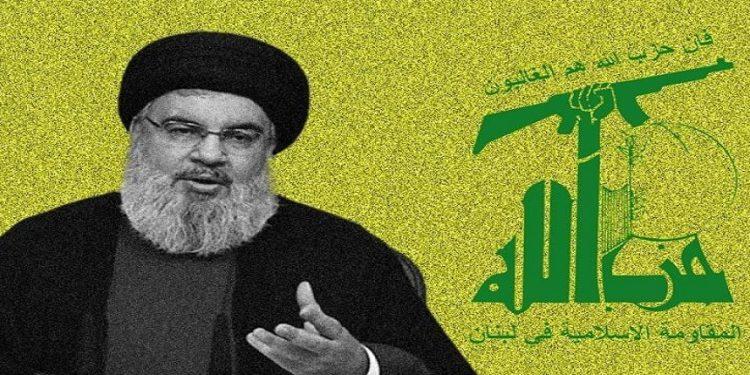
Hezbollah and the Second Front Against Israel
What is the position of the Arab, or rather Islamic, countries on the current conflict between the State of Israel and Hamas? For decades they have supported the Palestinian cause, sometimes with military force, sometimes for their own purposes. An official communiqué condemning the Israeli invasion was supported overwhelmingly at a summit a few weeks ago, but in fact the positions of the major Arab powers, especially on how to resolve the difficult post-war situation, are far from convergent.
To discuss the issues raised by the conflict, a summit of the Arab League and the Organization of Islamic Cooperation met in Riyadh on November 11, 2023. It was a significant event bringing to light the convergences, and more importantly the divergences and fault lines that exist between the major Islamic countries on the war between Hamas and Israel and the future prospects for the rebuilding of the Gaza Strip. The ground assault by the Israeli Defense Forces has already claimed the lives of more than 17,000 Palestinians, many of them children, creating humanitarian problems that are not easy to solve. Consider, for example, the wounded and displaced, including many seriously ill people removed from hospitals.
The summit had been urgently convened by Saudi Prince Mohammad bin Salman to discuss the Gaza crisis. The joint communiqué, voted on by 55 countries,[1] was the result of lengthy negotiations: it called for an immediate ceasefire from Israel and an embargo on arms and ammunition exports to the Israeli state, and an end to the blockade imposed on the Strip in order to bring in humanitarian aid, which is sorely needed.[2] The communiqué strongly condemned the Israeli invasion, but did not take into consideration the atrocities carried out by the Hamas militia against Israelis on October 7, and called for the intervention of the International Court to investigate war crimes carried out by the Israeli army. It also called for the U.N. Security Council to adopt a binding resolution to halt the attack, on the premise that the invasion of Gaza cannot be defined in law as “an act of legitimate self-defense.”
Source » laciviltacattolica





